Cities and Towns Action Plan Zero Waste
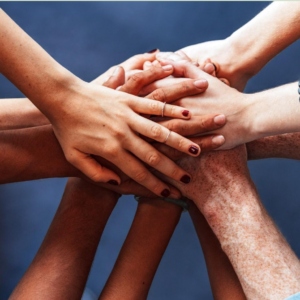
Municipalities, working in collaboration with community stakeholders, are the key to unlocking the potential of the circular economy in Europe. This is why we have written this Action Plan, to be used as a tool to build knowledge about the practical aspects of zero waste at the local level and to make the vision of the circular economy a reality.
The document is available in Catalan and Spanish.
Glass bottles reuse in southern Europe wine sector
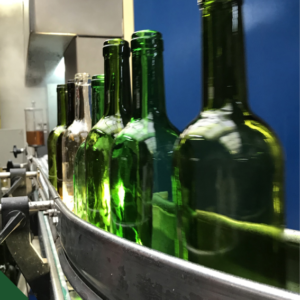
The reWINE project has identified the opportunities and barriers for recycling glass bottles in the Catalan wine industry by studying experimental data that enable ensuring its technical, environmental,
social and economic viability.
- There are 6 factors determining the implementation of wine bottle recycling:
- Characteristics of the bottle (model, label and capping system),
- bottle transport,
- distance to the washing facility,
- storage capacity,
- hygienic storage conditions and
- incentives for returning the empty bottle.
- The ideal number of use is 8 cycles of reuse, considering the aesthetic and hygienic aspects of the bottle.
- The deposit, return and return system -SDDR- is the most effective instrument to guarantee the return of empty bottles to establishments by consumers.
- The distance between the washing facility and the winery is of prime importance in optimising the economic cost.
Reusable masks: protecting health and the environment

From Rezero we want to help clarify what types of masks exist, in what way they protect, for whom their use is recommended according to the type and, especially, provide concrete information on the use of reusable masks, their cleaning and maintenance or what technical aspects to consider when making homemade masks.
The environmental & economic costs of single-use menstrual products, baby nappies & wet wipes – Investigating the impact of these single-use items across Europe

The report describes and analyses the consumption and environmental and economic impacts (for public administrations and consumers) of disposable menstrual products, diapers and wet wipes in the EU-28. Existing reusable solutions are also exposed and valued.
Authorship: Rezero i Zero Waste Europe, ReLoop i Break Free From Plastic
Existing measures & policy recommendations to minimise the impact of menstrual products, nappies & wet wipes
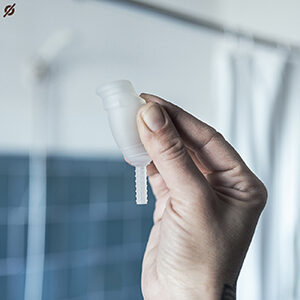
This report is a follow-up to the previous report on the environmental and economic impacts of disposable menstrual products, diapers and wet wipes. It analyses these products’ legal framework, the existing measures to reduce their consumption and their impacts around the world and proposes a series of actions which can be implemented at European, regional and local levels to minimize its impacts and promote reusable solutions.
Authorship: Rezero i Zero Waste Europe
Balearic Islands Towards Zero Waste. Current state and indicators towards a transition

Aquest informe fa una anàlisi i seguiment continuat de dades rellevants que ajuden a conèixer l’estat i les tendències del consum de recursos naturals i la generació de residus a les Illes Balears. L’informe inclou vint-i-vuit indicadors que permeten valorar la situació a les Illes Balears en aquells aspectes considerats estratègics per avançar cap a la societat residu zero.
Autoria: Rezero
Catalunya towards zero waste. Current state and indicators towards a transition
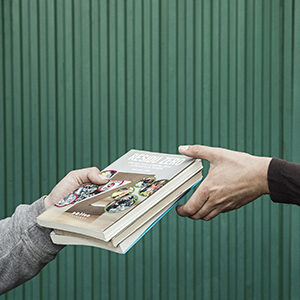
After the first edition of 2015, this second report provides new data to reflect on the state and trends in natural resource consumption and waste generation in Catalunya and for the formulation of proposals for a fast and determined transition towards a sustainable and circular production and consumption model.
Autorship: Rezero
Waste prevention recommendations for the Circular Economy Strategic Plan. 2018. Maresme Urban Solid Waste Consortium
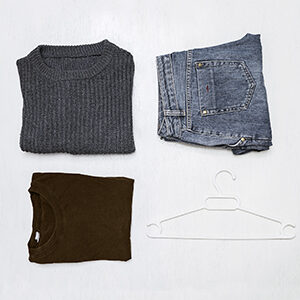
Rezero has participated in the elaboration of the Strategic Plan of Circular Economy, providing an analysis of the potential for prevention and reuse of current selective and non-selective municipal waste streams and putting forward a set of proposals for actions and measures for prevention, reuse and preparation for reuse that can be developed by the region’s different social and economic agents.
Autorship: Rezero (apartat Prevenció), Institut Cerdà i Fundació Fòrum Ambiental
Barcelona Waste Prevention Executive Plan. Barcelona City Council
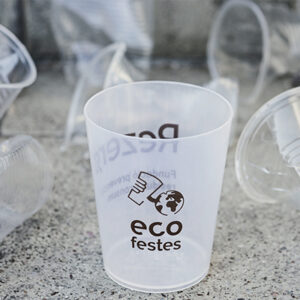
Barcelona’s Executive Plan for Waste Prevention includes a detailed description of waste prevention actions that aim to be sustainable, visible, technically and economically viable and aimed at the general population. The lines of action worked on are the greening of parties and events, the reuse of glasses and beverage containers in the city, the promotion of the reuse and repair of goods and products and the revision of municipal ordinances to strengthen waste prevention.
Autorship: Rezero
Rethinking economic incentives for separate collection
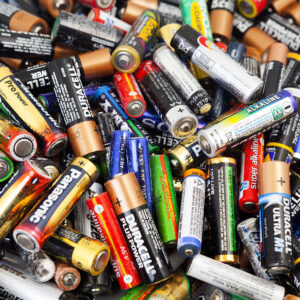
The study identifies waste streams where the application of economic incentives through public policies could contribute to the achievement of higher collection levels, and thus reduce the environmental and social impacts generated by this waste’s current management model. The study provides recommendations with the aim of promoting reusable alternatives, reducing waste management costs for public administrations and improving product design.
Autorship: Rezero, Zero Waste Europe i ReLoop
Life + Rewine, Reuse in the wine sector
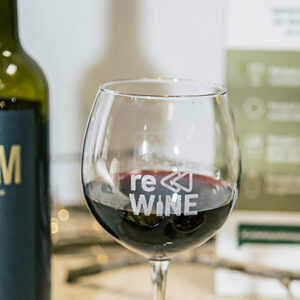
The Life + Rewine project promotes the reuse of bottles in the wine sector in order to reduce waste generation, greenhouse gases and save costs. The project aims to take advantage of opportunities for the reuse of wine bottles, through experimental data to ensure their technical, sanitary and quality viability, and evaluate a cost-effective solution for companies and the environment.
Autorship: Rezero, Parc de Recerca UAB, Generalitat de Catalunya – Departament de Territori i Sostenibilitat, Agència de Residus de Catalunya, Inèdit, Infinity i Cooperativa Falset Marçà.
Job creation opportunities in the improvement of WEEE management
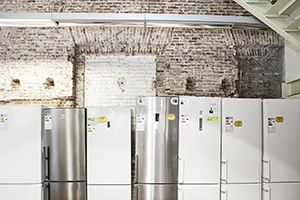
This report analyzes on the one hand the current situation of WEEE management and existing strategies for job creation by improving the management of this waste and, on the other hand, the potential for job creation by improve the recovery of strategic raw materials.
Autorship: Rezero i Datambient